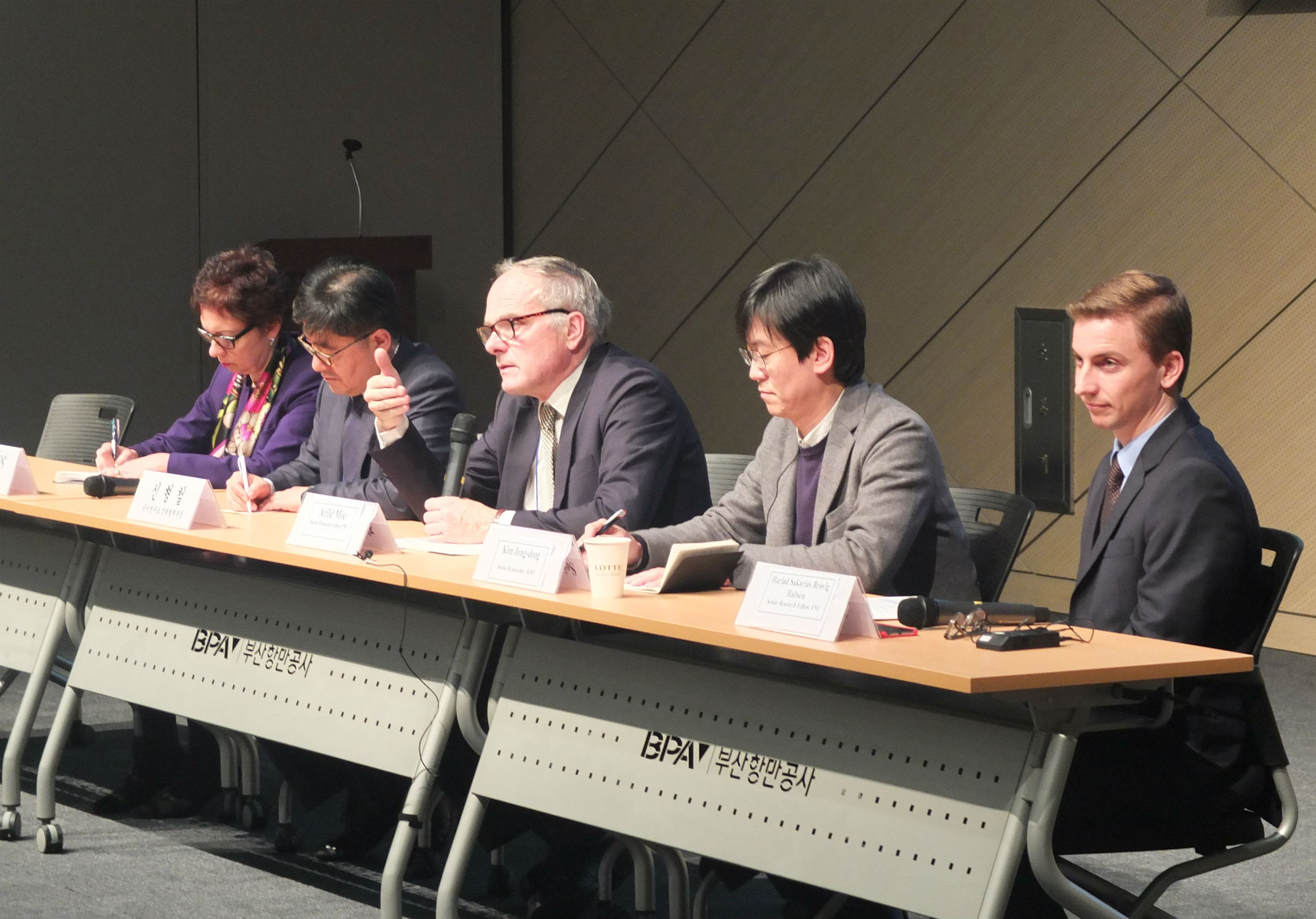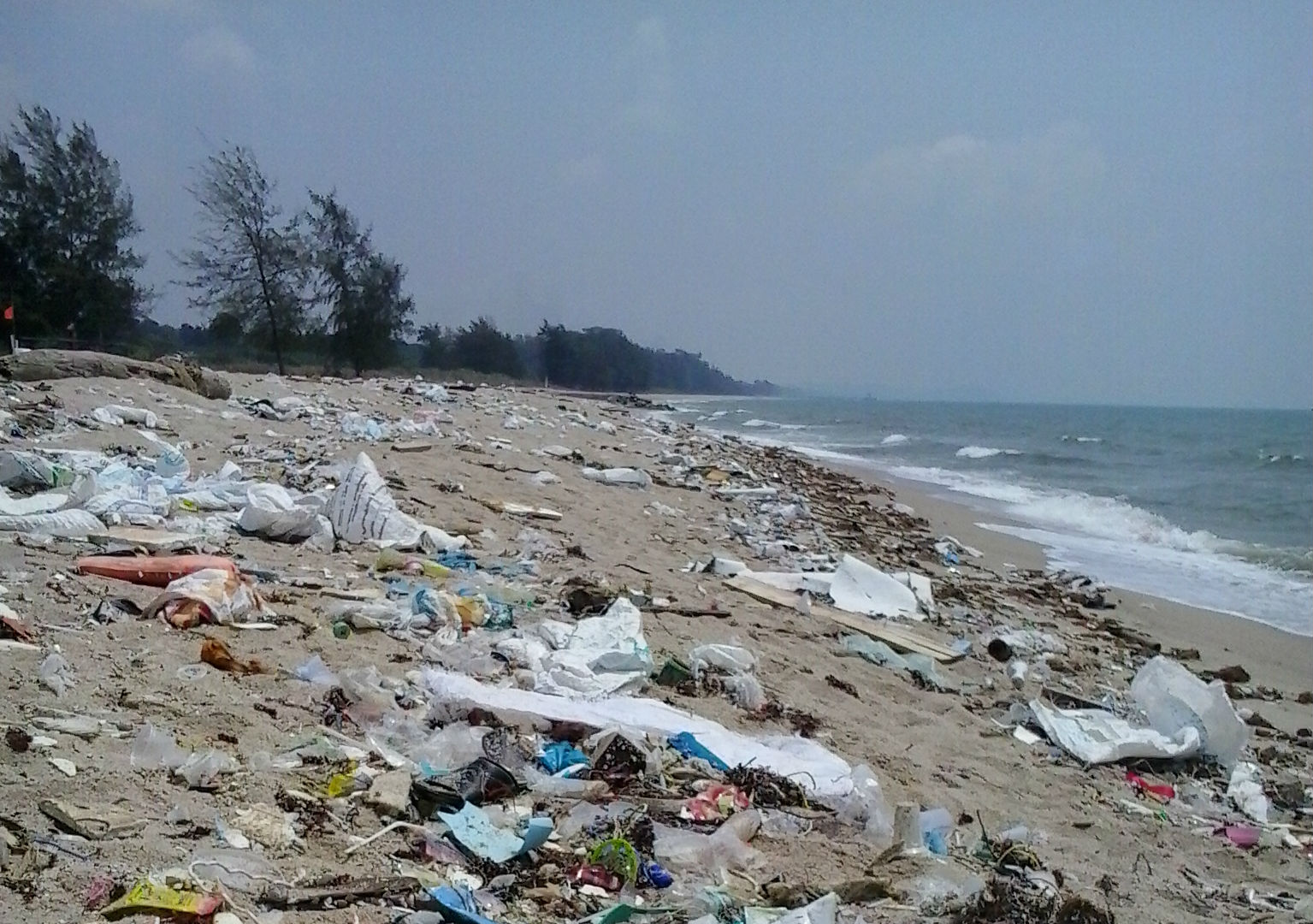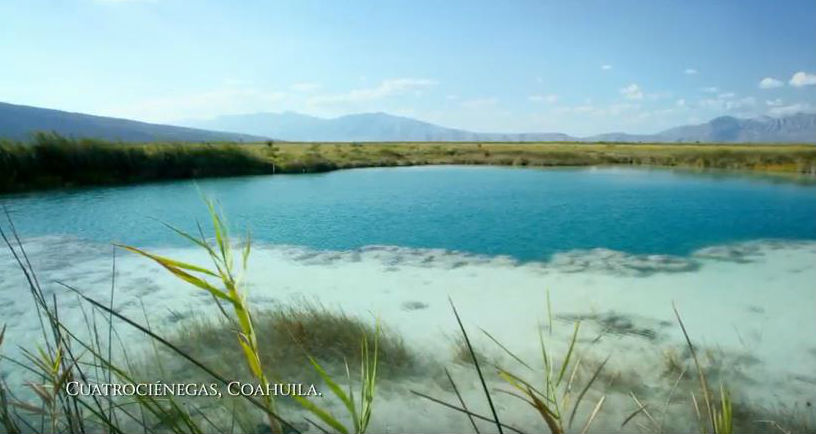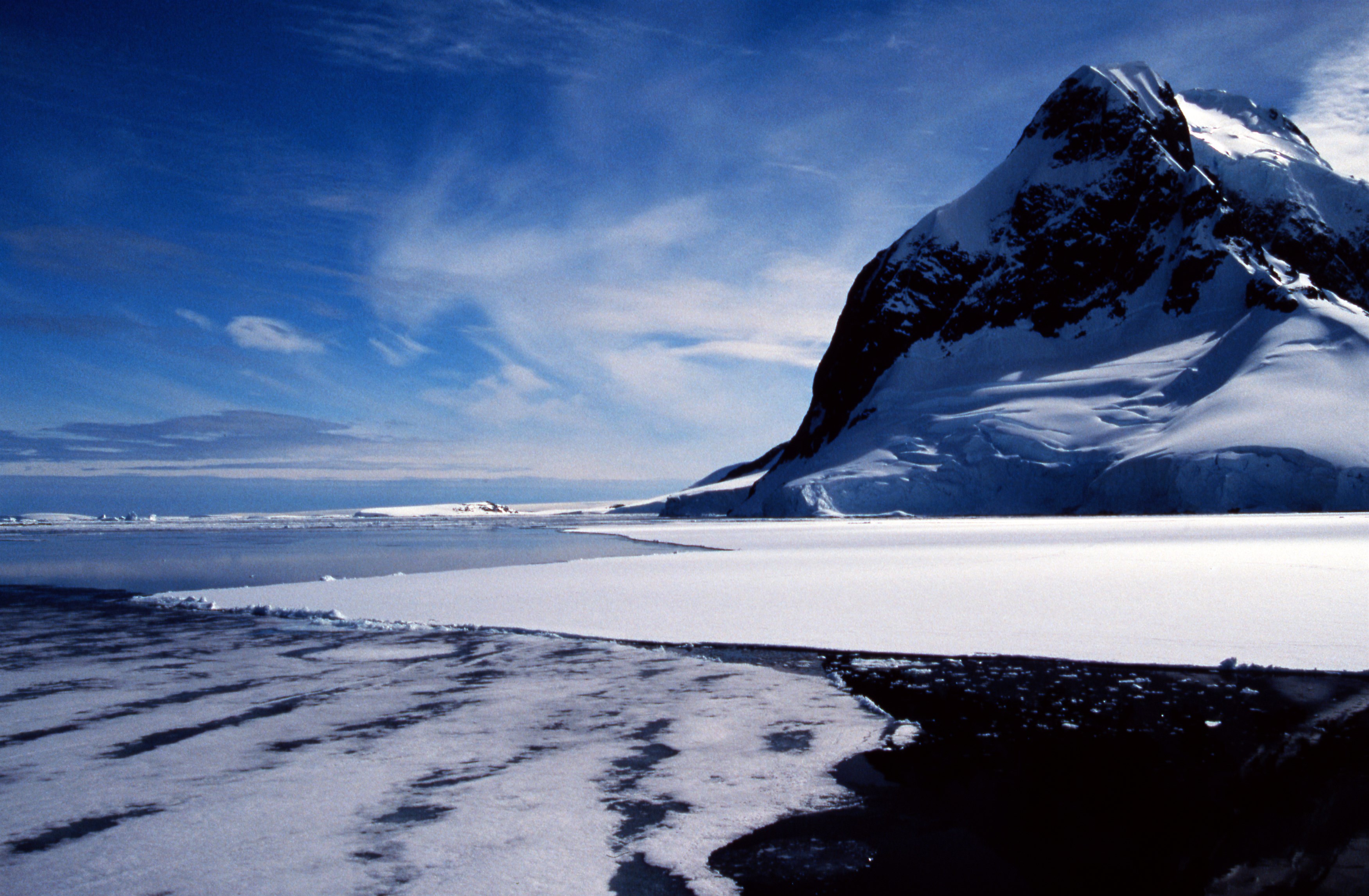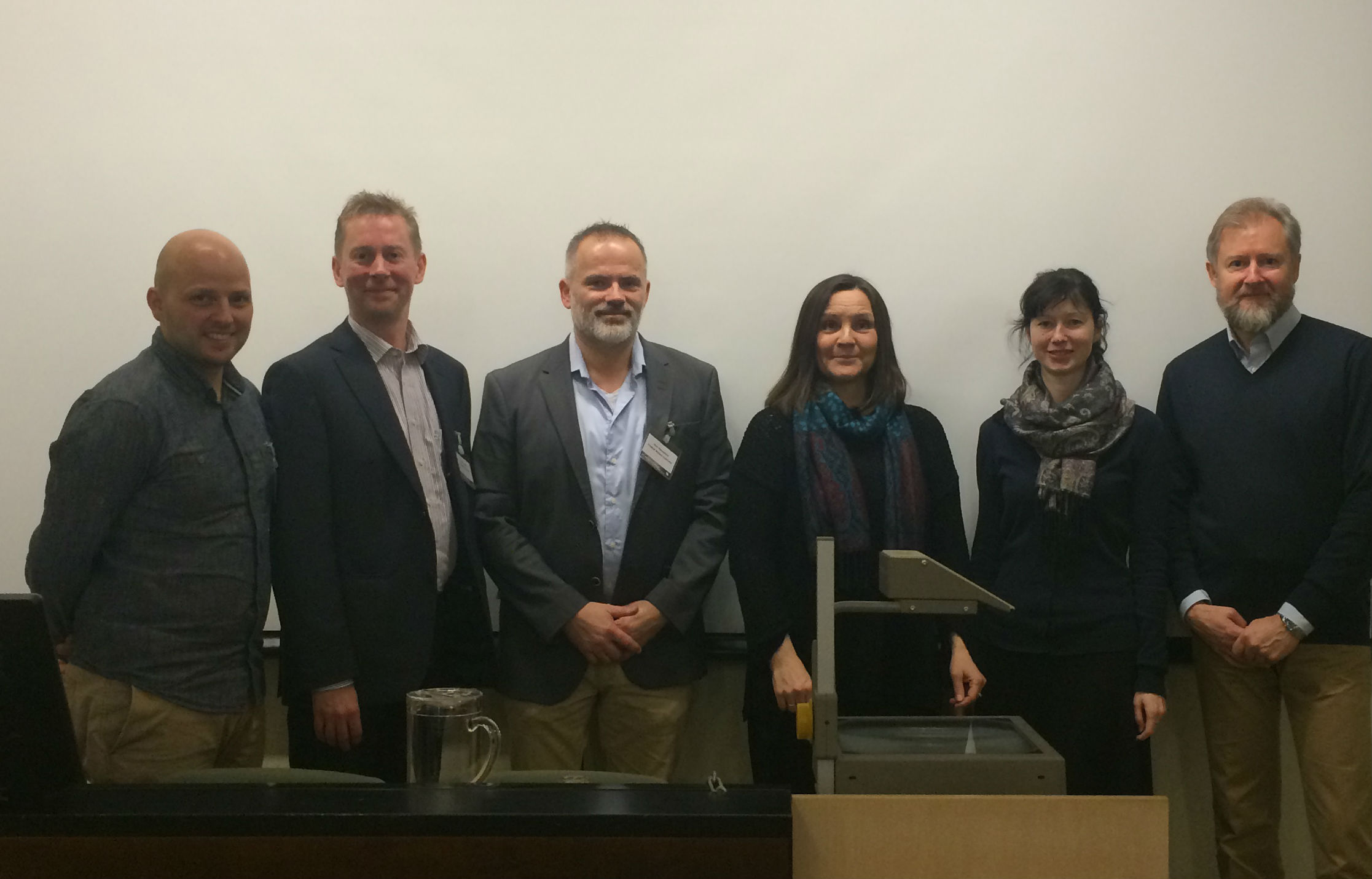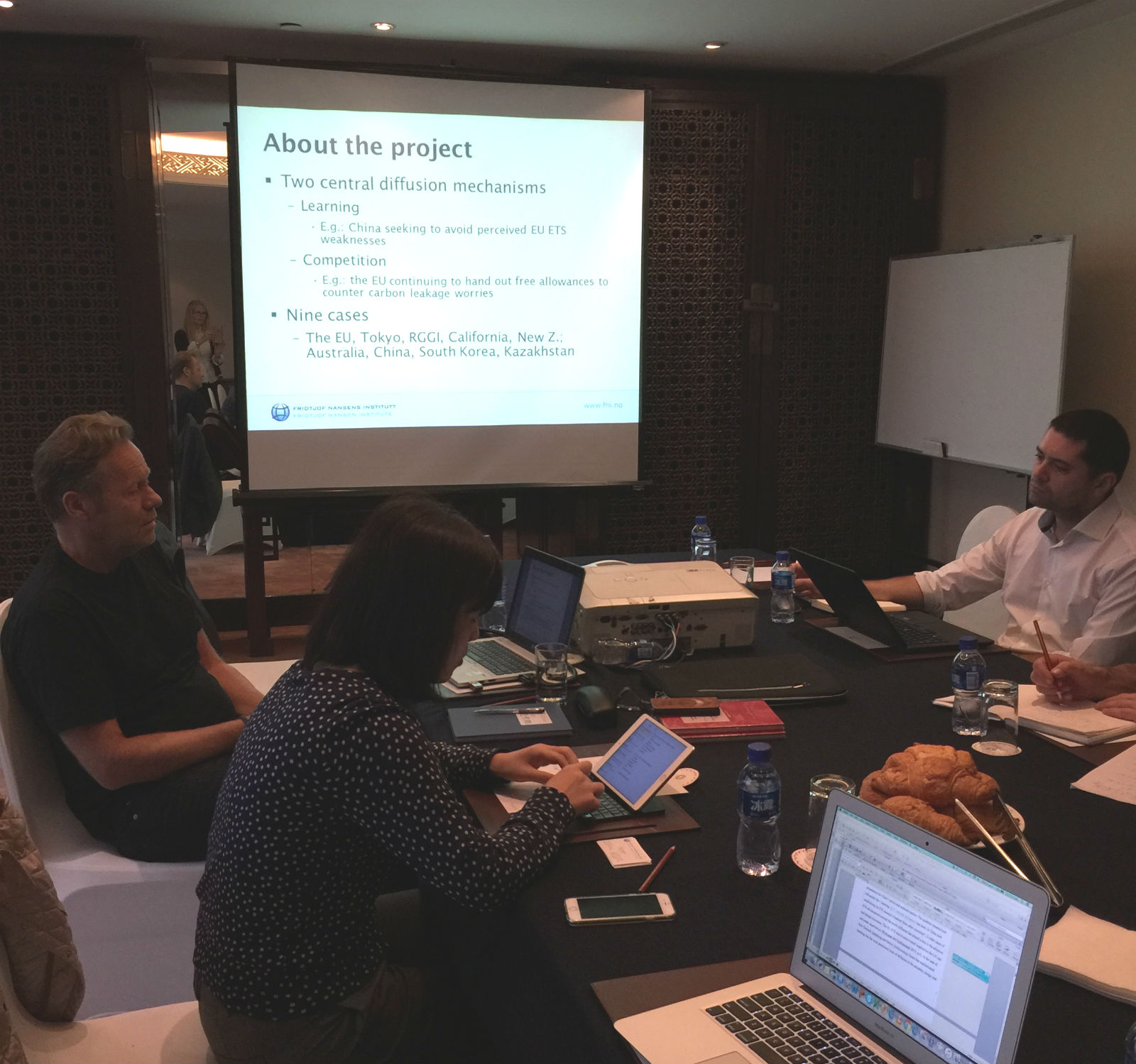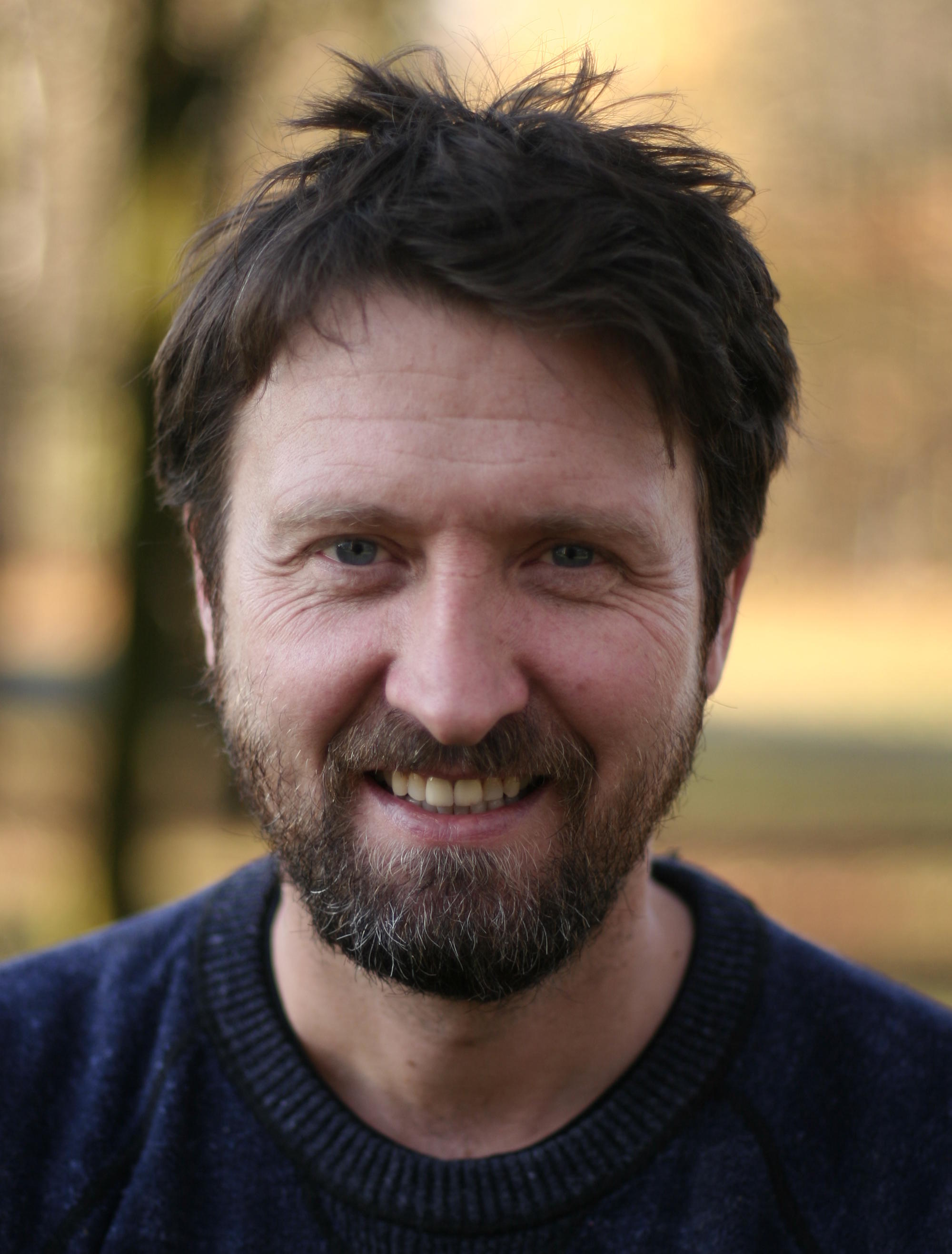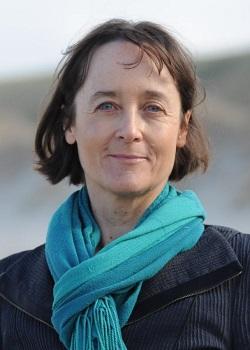EU's new energy and climate policies - implications for Norway
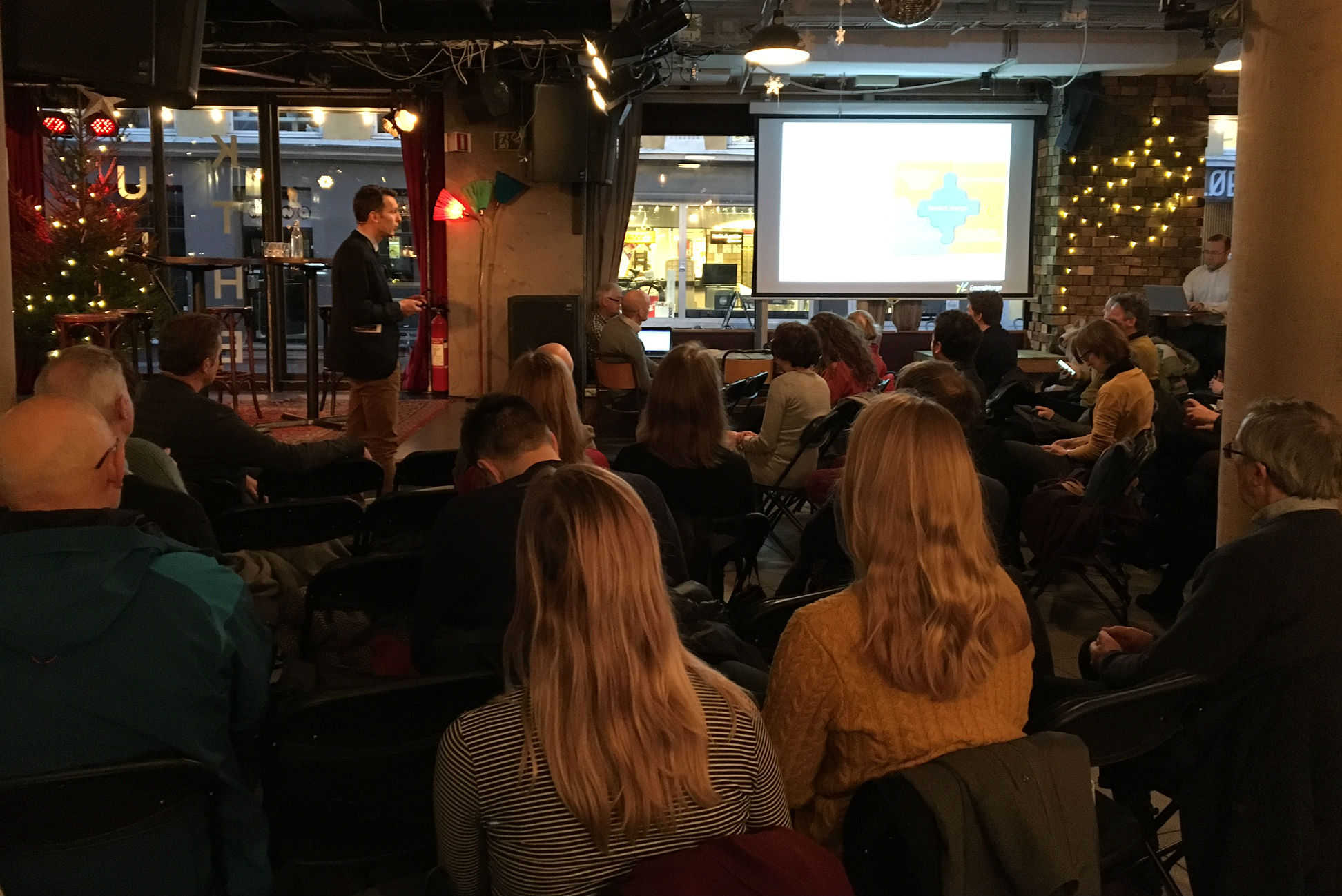
Topical and contentious issues such as the recent ‘winter package’ from the EU on renewable energy, the EU effort sharing regulation and not least the Market Stability Reserve (MRS) of the EU emissions trading system were all on the table when Cicep this week invited to breakfast seminar at Kulturhuset.

